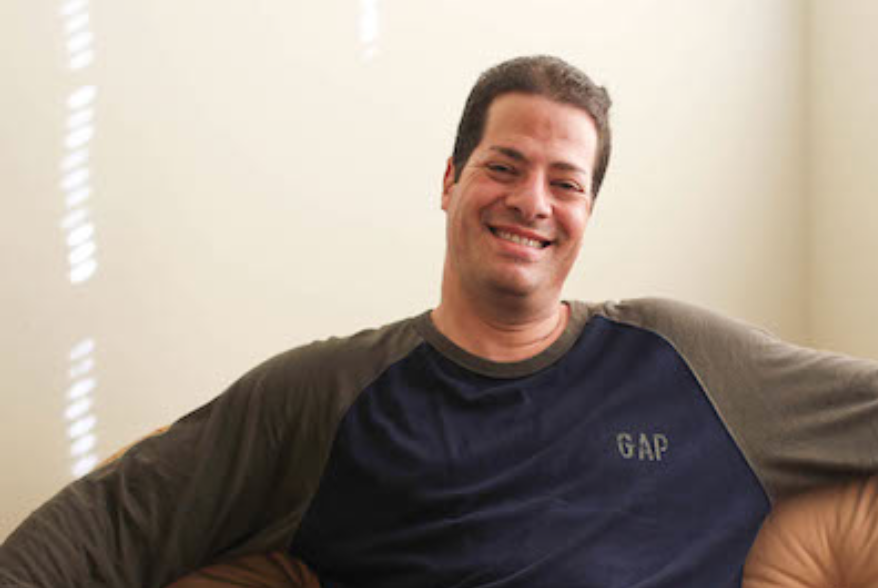If you would like to get involved with JobPartners as a participant or partner employer, please email us at info@communityempowermentfund.org
By Victoria Castillo
A job search can often be a difficult and tedious task. More difficult yet, is the search for the job– your dream job. Whether you grew up dreaming of becoming an astronaut or a receptionist, your dream job is a treasure that most of us tend to take for granted. Some of us tend to believe that our dream job is simply out of reach. Whether it is due to a lack of education, the correct skill-set, self-confidence or a blemished record, we simply don’t try to go after our dream job.
The vicarious talk show host, Oprah Winfrey, once said, “The biggest adventure you can take is to live the life of your dreams.” We at CEF believe that it is never too late to go after your dreams. It is never too late to go after that adventure.
Our Job Partners program aims to unearth the dusty and forgotten dream jobs that belong to some of our members, and create a path on which they can arrive to them. Job Partners was created by the Orange County Partnership to End Homelessness (OCPEH), “a community effort to fight poverty and eradicate homelessness in Orange County.” CEF is one of several organizations that partner with this county initiative to pair work-ready individuals with an available job in the community.
The Job Partner process begins with the community members serving as employer liaisons who network with local business owners to learn of available job positives and willing employers. Liaisons then refer job openings to the partner organizations, like CEF, who match qualified candidates with those positions. Our Job Partners graduates receive no preferential treatment from the employers. They fill out job applications and schedule interviews, just like everybody else. Their strength, however, is found in the personal recommendations that they receive on our behalf – a voice of support that lets the employers know that we truly believe that our candidate will succeed at their business.
The Job Partner Program motto reads, “Prepare, Place, Prosper,” and we at CEF believe that the program lives up to these three words. We prepare our candidates through job coaching sessions and Opportunity classes, we place them in positions in which we believe they will succeed and we carry the hope and faith that they will prosper in their new job position – in their new adventure.
Q&A with Job Partner Graduate Loretha Greene
When did you first start working on becoming a Job Partner candidate?
I began the process early in 2012.
Understanding that the program was a long term commitment, how did you remain motivated through the process of becoming a Job Partner graduate?
I was starting from scratch in my life. I saw a lot of opportunities in the program, like the Opportunity Classes, that I knew would help me, so I kept a positive attitude. I know that when you have a positive attitude, good things will happen, so that’s what I tried to do.
Were there difficult moments in the process?
The most difficult experience was simply not being able to find a job right away. But I kept going – every day, I filled out job applications and maintained a good attitude about it.
How did the Job Partner program differ from a regular job search?
I found more connections to local employers, through Job Partners. I felt that my job search became a little easier in that way. I would get to know more people in the community because the people involved in the program had a lot of connections. This helped me land more interviews, and though I did not get a job right away, I was able to meet a lot of people.
What was your biggest take away from Job Partners?
The desire and motivation to help other people who need work. Job Partners made me want to become an advocate myself and help other people.
I also learned to accept suggestions and act on them. My advocates would give me advice, and point out things that I had never noticed! I learned to take these suggestions and work on making those changes in my life.
What advice would you give to others who are unsure about joining Job Partners?
Just try it, and stick with it. Don’t give up, because it is an excellent program.













